


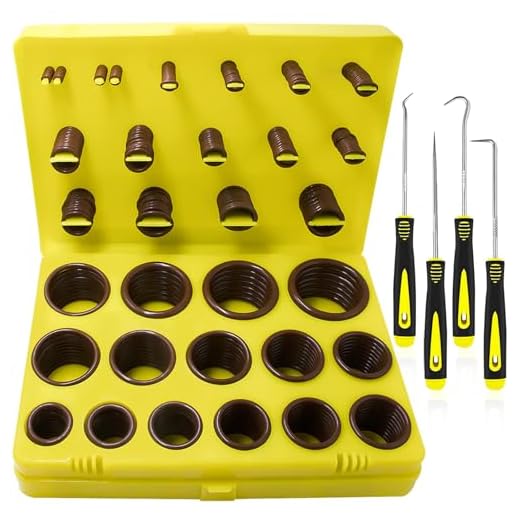
If you notice your cleaning unit producing smoke, it’s crucial to act swiftly to identify and resolve the issue. One of the primary reasons for this occurrence is the overheating of components, often caused by prolonged use without sufficient breaks. Ensure to give your machine time to cool down between tasks, particularly during intensive cleaning sessions.
Another common factor leading to smoke is an electrical malfunction. Inspect the power cord and plug for any signs of damage, such as fraying or exposed wires. A compromised electrical connection can generate excessive heat, which can result in smoke. If damage is detected, replace the cord immediately to prevent further issues or potential hazards.
Proper maintenance plays a key role in preventing smoking incidents. Regularly clean the filter and nozzles to avoid blockages that can strain the motor. Additionally, check the oil levels if applicable; running a device with insufficient lubrication can cause severe overheating and possible smoke production.
Lastly, always use the correct type of detergent recommended by the manufacturer. Using improper cleaning agents can create undesired chemical reactions that may lead to smoke. Familiarising yourself with your machine’s requirements ensures optimal performance and helps maintain its longevity.
Identifying Overheating Issues in Pressure Cleaning Devices
Inspect the power supply. A low voltage can lead to increased load on the motor, causing excessive heat. Check connections and ensure the outlet provides stable, adequate voltage.
Examine the intake filter for blockages. A dirty filter restricts airflow, resulting in overheating. Clean or replace it as necessary to allow for proper ventilation.
Monitor the pump’s operation. If the pump is malfunctioning or worn, it can generate heat due to friction. Regular maintenance and fluid changes can prevent this issue.
Evaluate the nozzle. A clogged or incorrect nozzle can lead to increased pressure and subsequent heat generation. Ensure it’s the right type and free from debris.
Check for motor issues. Listen for unusual noises that could indicate bearing wear or internal faults, which can lead to overheating. If suspect, consult a qualified technician.
Assess duty cycle adherence. Continuous operation beyond recommended limits can cause overheating. Always refer to the manufacturer’s guidelines for optimal usage times.
Inspect water flow. Inadequate water supply can result in overheating. Confirm hoses and connections are leak-free and properly secured.
Consider environmental factors. Operating in high ambient temperatures can exacerbate heat problems. Try to use the device in shaded areas or cooler conditions where possible.
Finally, keep the outer casing clean. Dust and debris accumulation can block air vents, increasing the risk of overheating. Regular cleaning can assist in maintaining optimal airflow.
Understanding Pump and Motor Failures

Regular maintenance is key to prevent major problems. Inspect the pump for leaks, unusual sounds, or decreased pressure, which may indicate wear or internal damage. Replace seals and gaskets as needed to ensure a good seal and proper operation.
Signs of Pump Issues
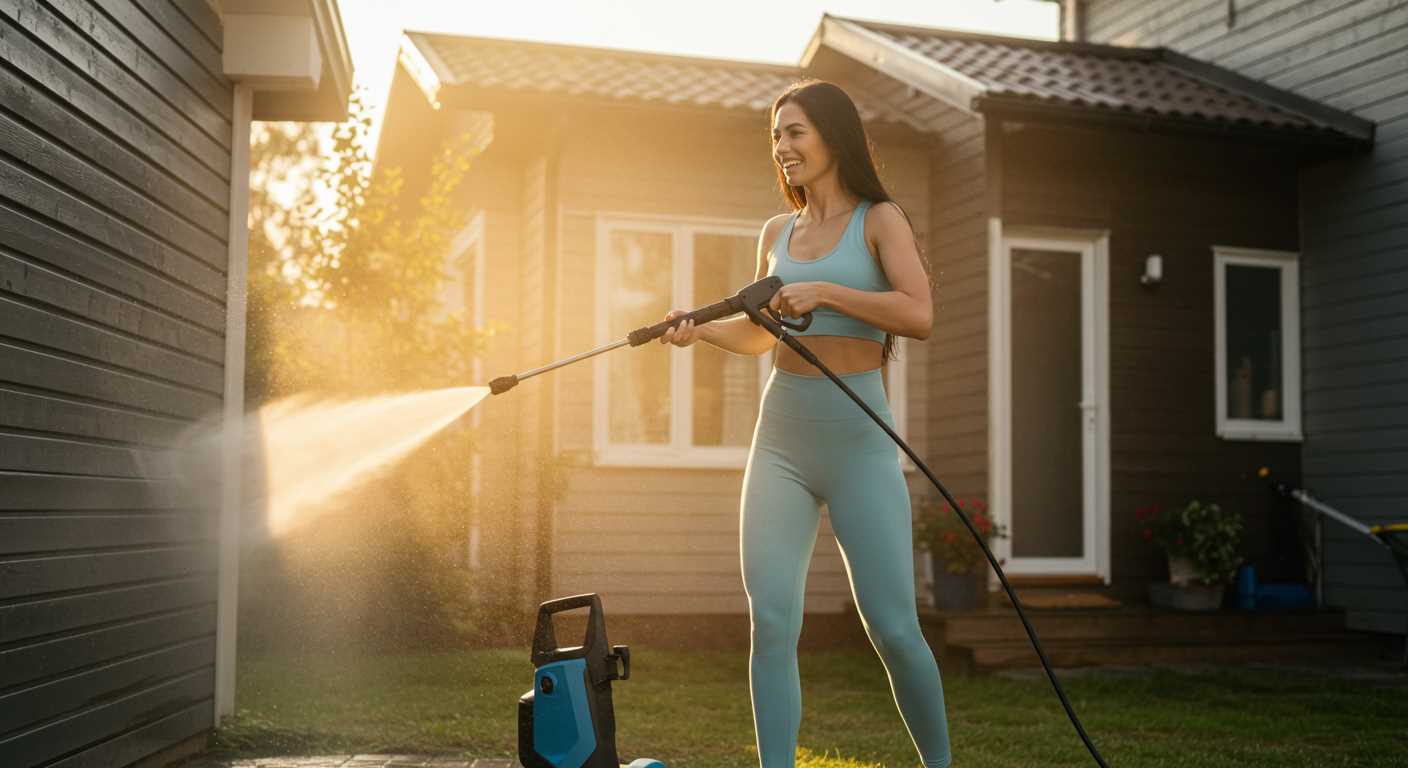
Watch for low pressure during use; this often points to pump failure. If the water output is inconsistent or accompanied by strange noises, the pump may require immediate attention. Over time, accumulated debris can clog the system, leading to inefficiency. Clean the inlet filter regularly and flush the pump to remove any blockages.
Motor Malfunctions
Listen for any unusual whining or grinding sounds when the motor is engaged. These can indicate bearing wear or misalignment. If the motor overheats, it might signal an electrical fault or excessive load. Ensure the wiring is intact and connections are secure. Replacing brushes and inspecting the armature can rectify common motor issues, prolonging lifespan.
In conclusion, staying proactive with inspections and maintenance will enhance performance and longevity, preventing costly repairs down the line.
Examining Power Supply Problems and Voltage Issues
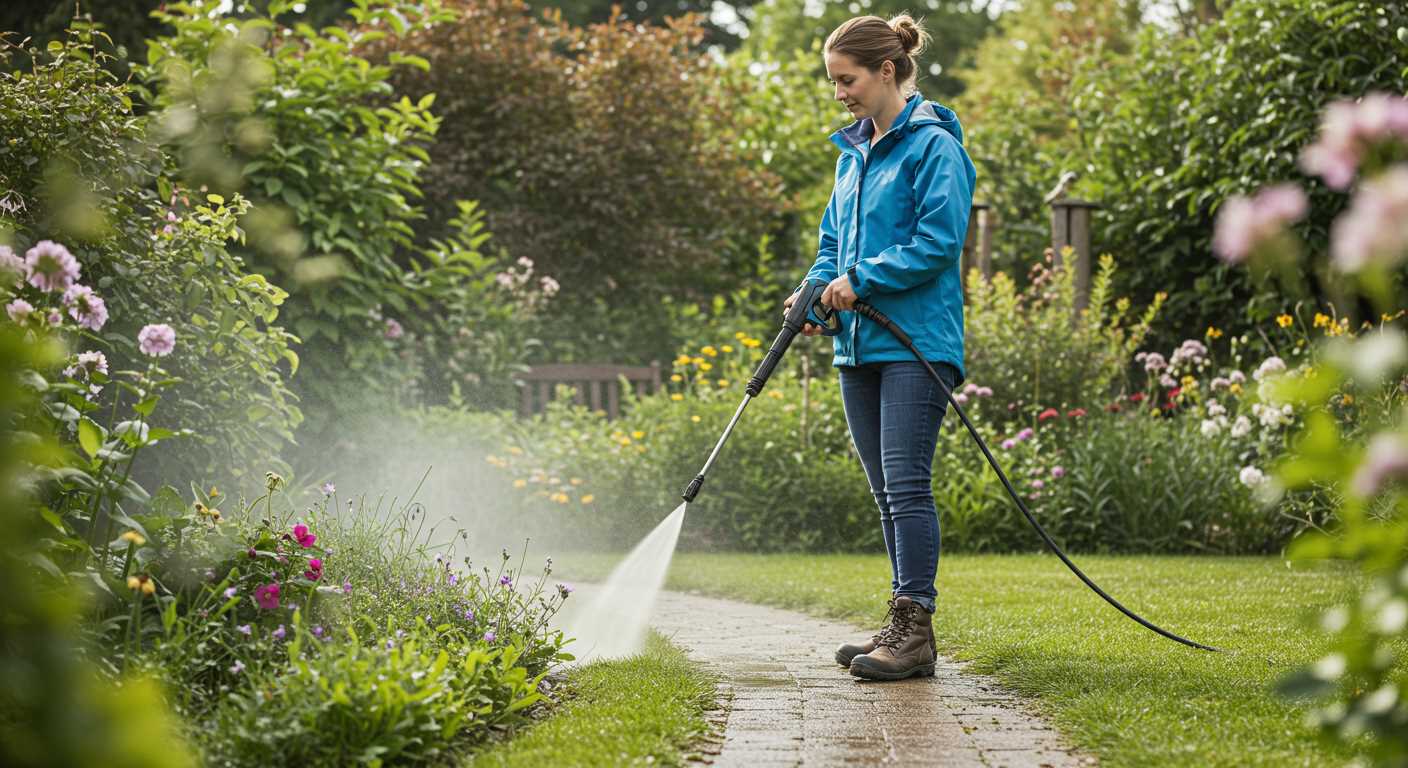
When encountering unusual behaviour from your high-pressure cleaning unit, examining supply problems and voltage irregularities is essential. Begin by checking the voltage at the outlet. Use a multimeter to ensure it matches the specifications indicated on the machine. Inadequate voltage can lead to overheating and can cause the device to emit smoke.
Connection Quality
Poor electrical connections can lead to increased resistance, resulting in heat generation. Inspect power cords, plugs, and outlets for any signs of damage or wear. Ensure all connections are secure and free of corrosion. Loose contacts can cause arcing, further contributing to overheating.
Extension Cords and Circuit Load
Avoid using low-quality extension cords as they can drop voltage and may not handle the current required by your unit. Always opt for heavy-duty cords matching your device’s amperage requirements. Additionally, check if other appliances on the same circuit are straining it, leading to insufficient power for your cleaning apparatus.
Recognising the Signs of Blocked Hoses or Nozzles
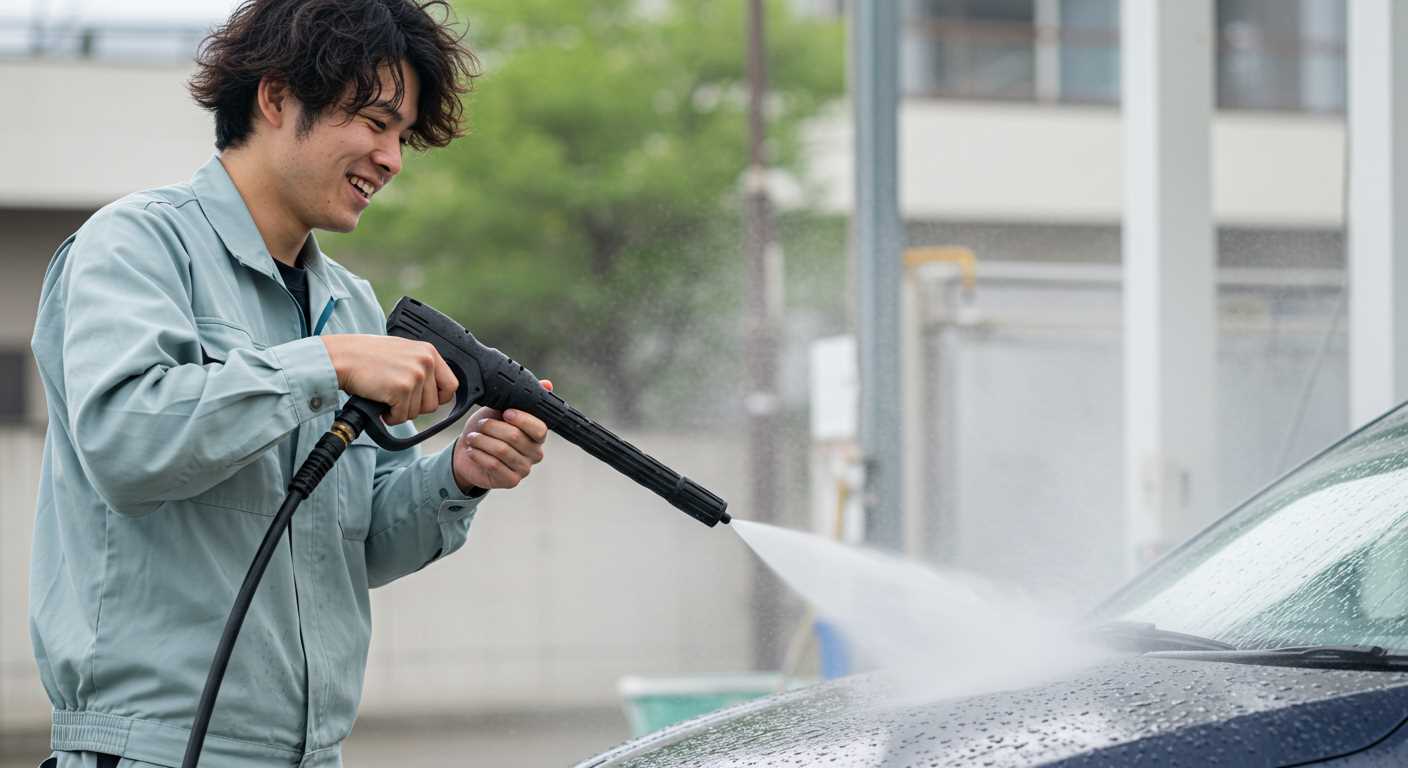
Watch for signs of reduced water flow; this can indicate a blockage. If the spray pattern becomes uneven or erratic, check the nozzle for clogs. A consistent stream should appear; any deviation suggests obstruction.
- Visually inspect hoses for kinks or bends. These can limit water passage, causing pressure fluctuations.
- When using your device, listen for unusual sounds. A high-pitched whine often points to a blockage in the line.
- Feel the hose during operation. Overheating can occur if water isn’t flowing freely, suggesting a blockage.
- Check for leaking connections, as they may indicate excessive pressure buildup due to restricted flow.
If you experience a noticeable decrease in cleaning effectiveness, investigate nozzle clogging. Regularly clean filters and remove debris to maintain optimal performance.
Turn the unit off immediately if you detect excessive vibrations. This often signifies a severe blockage preventing normal operation.
Consistent maintenance of hoses and nozzles can prevent these issues. Ensure that they are clear and free from obstructions before each use.
Proper Maintenance Practices to Prevent Smoking
Regular inspections can prevent issues that lead to overheating. Check the appliance for loose connections and signs of wear. Tighten screws and replace worn components to ensure optimal performance.
Routine Cleaning
Debris can gather around fans and vents, obstructing airflow. Clear any blockage and wipe down surfaces to maintain proper function. A clean unit operates cooler, reducing the risk of excessive heat.
Fluid Levels
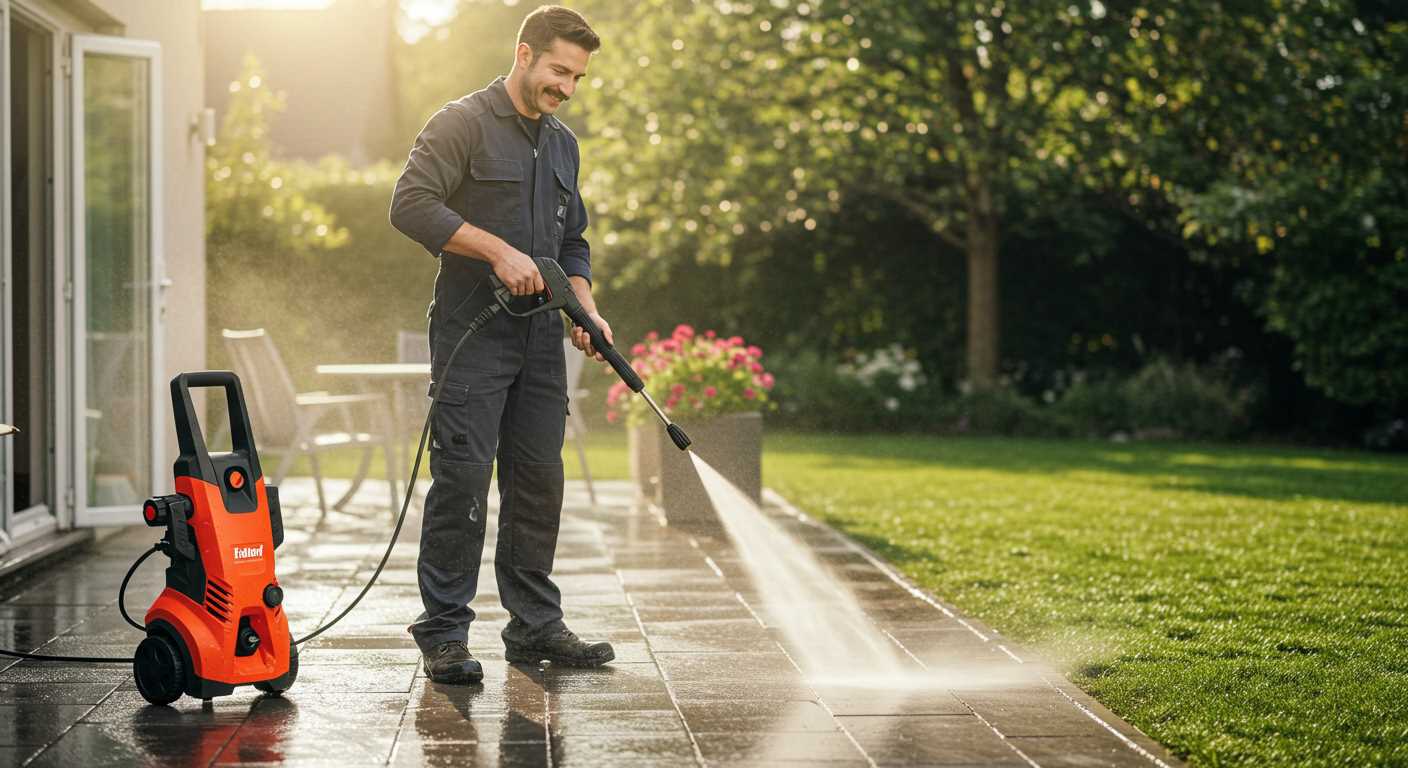
Monitor and maintain appropriate fluid levels in the pump system. Low fluid can lead to inadequate lubrication, causing strain and overheating. Always use recommended fluids and replace them as per the manufacturer’s guidelines.
Utilise the correct nozzle size for your tasks. Overly narrow nozzles can restrict water flow, leading to increased strain on the motor. Matching the nozzle to your cleaning job enhances efficiency and helps prevent overheating.
Keep the appliance in a well-ventilated area during use. Adequate airflow helps regulate temperature and prevents overheating issues. If using indoors, ensure proper ventilation is in place.
Lastly, adhere to the recommended operating times. Overusing the machine without breaks can lead to overheating. Allow it to cool down between uses to maintain longevity and performance.
When to Seek Professional Help for Repairs
If you notice persistent issues despite troubleshooting, consulting an expert is advisable. When performance degradation or excessive heat becomes frequent, immediate evaluation is necessary.
Common indicators for professional intervention include:
| Sign | Recommendation |
|---|---|
| Visible Damage | Seek repair services for cracked parts or the casing. |
| Inconsistent Water Flow | Request assistance to examine internal components. |
| Unusual Noises | Consult a technician to investigate motor or pump irregularities. |
| Frequent Overheating | Engage a professional to assess cooling mechanisms. |
| Electrical Issues | Have an electrician inspect wiring and connections. |
Beyond these signals, I encourage regular servicing to maintain optimal function. Ignoring minor issues can escalate into costly repairs. If uncertainty persists, don’t hesitate to reach out for expert evaluation–it’s a wise investment in the longevity of your equipment.






